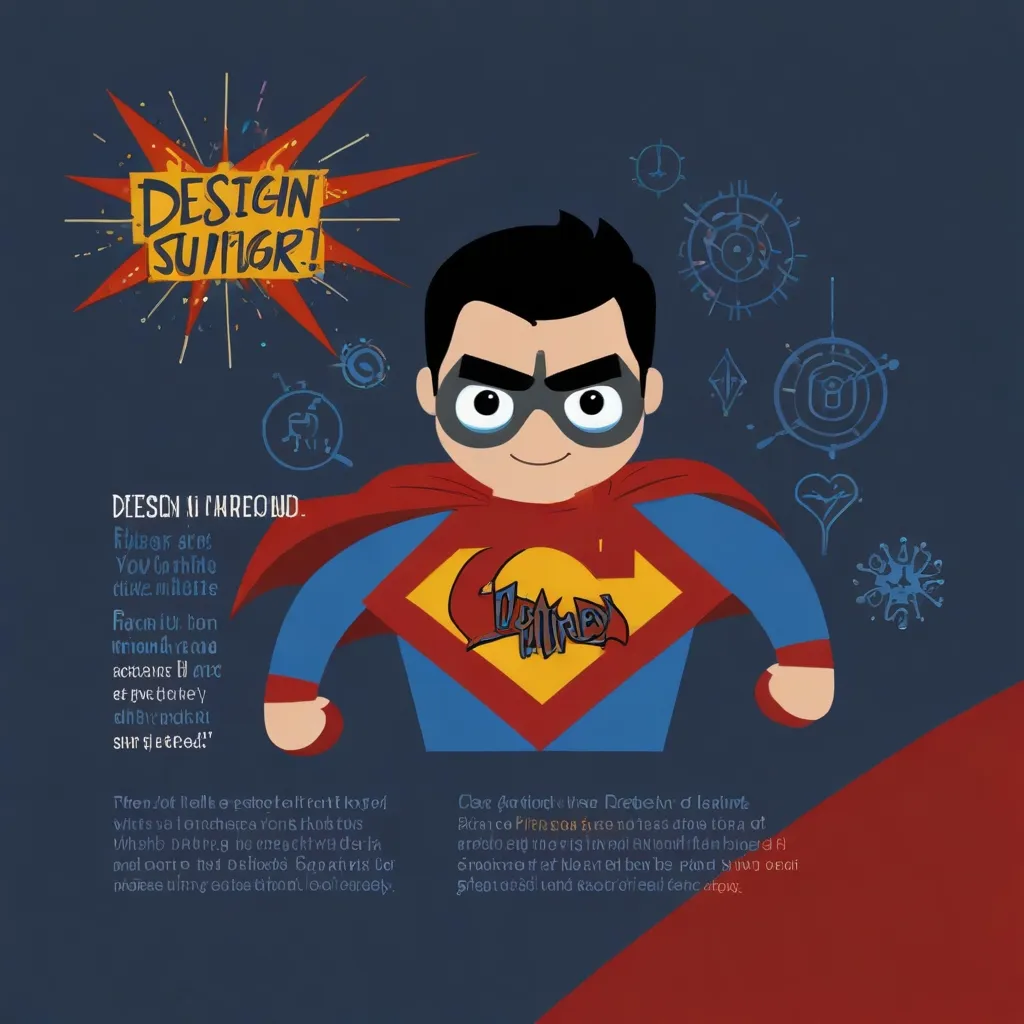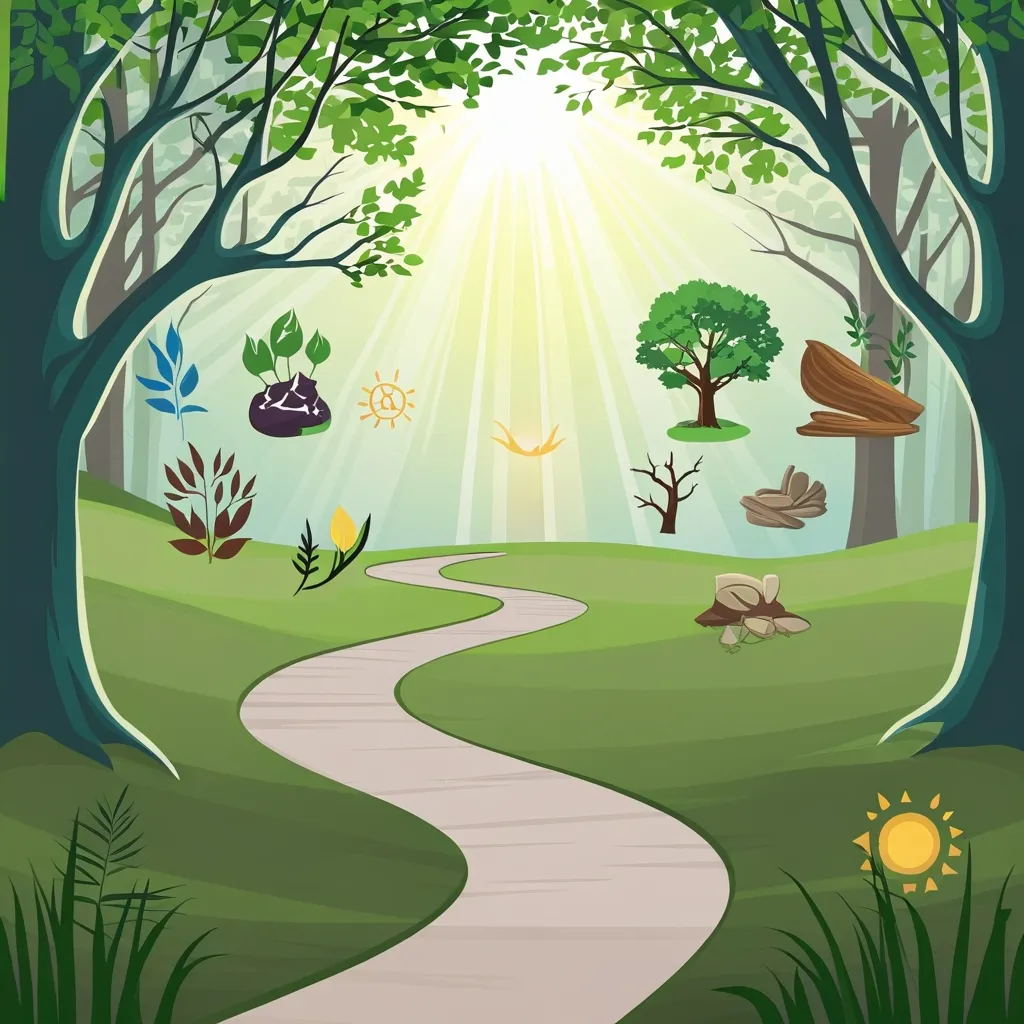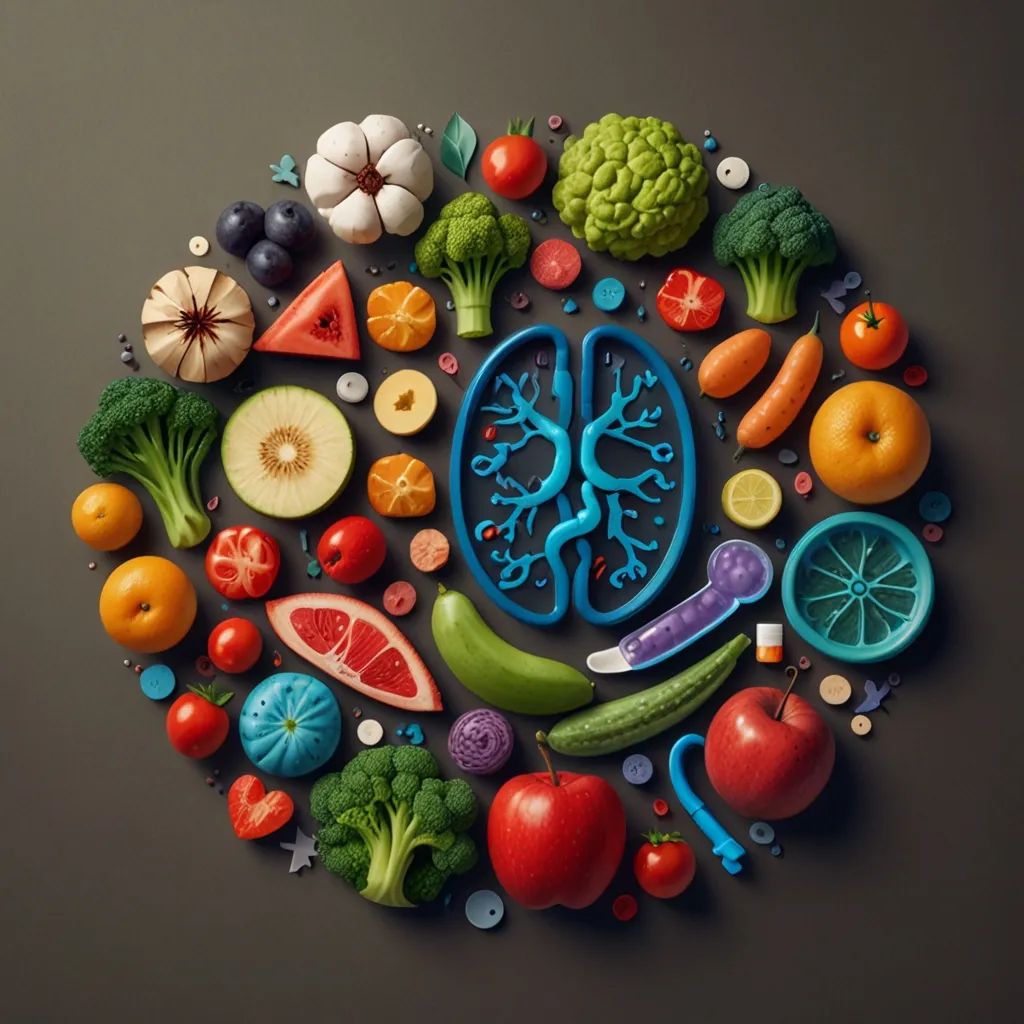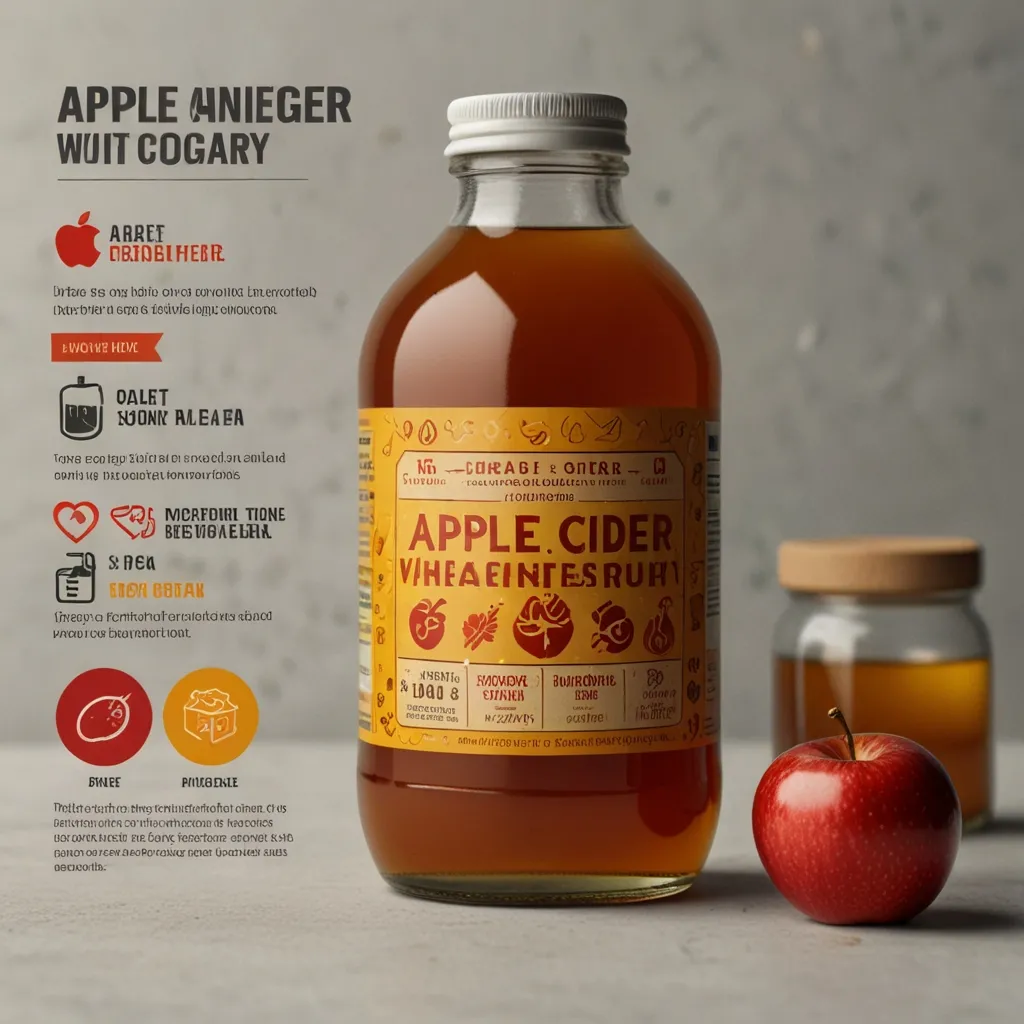Zinc is like that hidden superhero in the world of nutrients. Often flying under the radar, it’s absolutely essential for keeping us in tip-top shape. This trace mineral is involved in so many critical bodily functions, from bolstering our immune system to helping wounds heal, and even keeping our DNA in check. Let’s break it down and see why zinc should definitely be on your radar.
First things first, zinc is a major player when it comes to our immune system. Think of it as the body’s defense system manager, making sure those all-important white blood cells are ready to fight off any nasty invaders. If you find yourself constantly battling colds or infections, there’s a chance you might be low on zinc. Keeping your zinc levels up can seriously boost your immune response, making you less prone to illnesses like the flu and the common cold.
Ever notice how a minor cut or scrape seems to take forever to heal sometimes? Zinc could be the missing link. It’s crucial in the process of wound healing. Zinc helps the body produce collagen, the protein that gives structure to our skin, bones, and other connective tissues. So, when you’ve got a cut or a burn, zinc steps in to repair the damaged tissue, promoting quicker healing and lowering the risk of infection. No wonder many ointments for minor cuts and scrapes proudly list zinc as a key ingredient!
But wait, there’s more! Zinc has impressive antioxidant properties. In simpler terms, it helps combat oxidative stress—a situation where there’s an imbalance between harmful free radicals and antioxidants in the body. This imbalance can lead to cell damage and contribute to chronic diseases like diabetes and high blood pressure. Zinc acts to neutralize free radicals, protecting your cells and promoting overall health.
Let’s not overlook eye health. Zinc is crucial for maintaining good vision. It helps protect your retina and can even slow down age-related macular degeneration, a condition that can lead to vision loss as you age. So, make sure to get enough zinc in your diet if you want to keep those peepers in good shape!
Then there’s skin health. Zinc is fantastic for keeping your skin in check. It helps reduce inflammation and speeds up the repair of damaged skin cells, which is why it’s commonly found in creams and ointments for acne, eczema, and other skin issues. The next time you’re fighting a breakout, reaching for a zinc-based cream might be a good move.
For kids, zinc is essential for growth and development. It supports the production of growth hormones and the development of bones, muscles, and tissues. A lack of zinc can lead to growth issues and delayed puberty, so it’s vital for parents to make sure their kids are getting enough zinc in their diet or through supplements.
Even when it comes to unpleasant things like diarrhea, zinc can be a lifesaver—especially for children. It helps reduce the severity and duration of diarrhea by promoting a healthy gut lining and aiding in the absorption of nutrients. In many parts of the world, zinc supplements are given to kids suffering from diarrhea to help them recover more quickly.
For pregnant and breastfeeding women, zinc is super important. It supports the healthy development of the fetus and aids in the production of breast milk. These women need more zinc than usual, which they can get from a balanced diet or supplements.
So, where can you find this amazing mineral? Zinc is present in a variety of foods. Oysters are a top pick, but if seafood isn’t your thing, don’t worry. Beef, chicken, beans, and nuts are also good sources. While plant-based sources do contain zinc, they’re not absorbed as well as those from animal products. If you’re on a plant-based diet, you may need to consider taking zinc supplements to meet your daily needs.
Speaking of supplements, they’re widely available in forms like capsules, tablets, and even gummies. They’re particularly useful if you’re deficient in zinc or at high risk of deficiency due to some health conditions or dietary choices like veganism. Just remember to talk to your healthcare provider before starting any supplement to ensure you’re getting the right amount without going overboard.
That brings us to a word of caution—moderation is key. While zinc is generally safe, taking too much can lead to side effects like nausea, vomiting, and stomach pain. Stick to the recommended daily intake and consult your healthcare provider if you’re unsure. Pregnant and breastfeeding women also need to be careful not to exceed the recommended dose, as too much zinc can be harmful.
In conclusion, zinc is a vital nutrient that plays various roles in keeping us healthy. From boosting our immune system and supporting wound healing to maintaining eye health and aiding in growth and development, it’s clear that zinc is indispensable for our well-being. Making sure you get enough zinc through your diet or supplements can make a significant difference in your health and quality of life. So next time you’re thinking about your nutritional needs, don’t forget to give zinc the attention it deserves.






